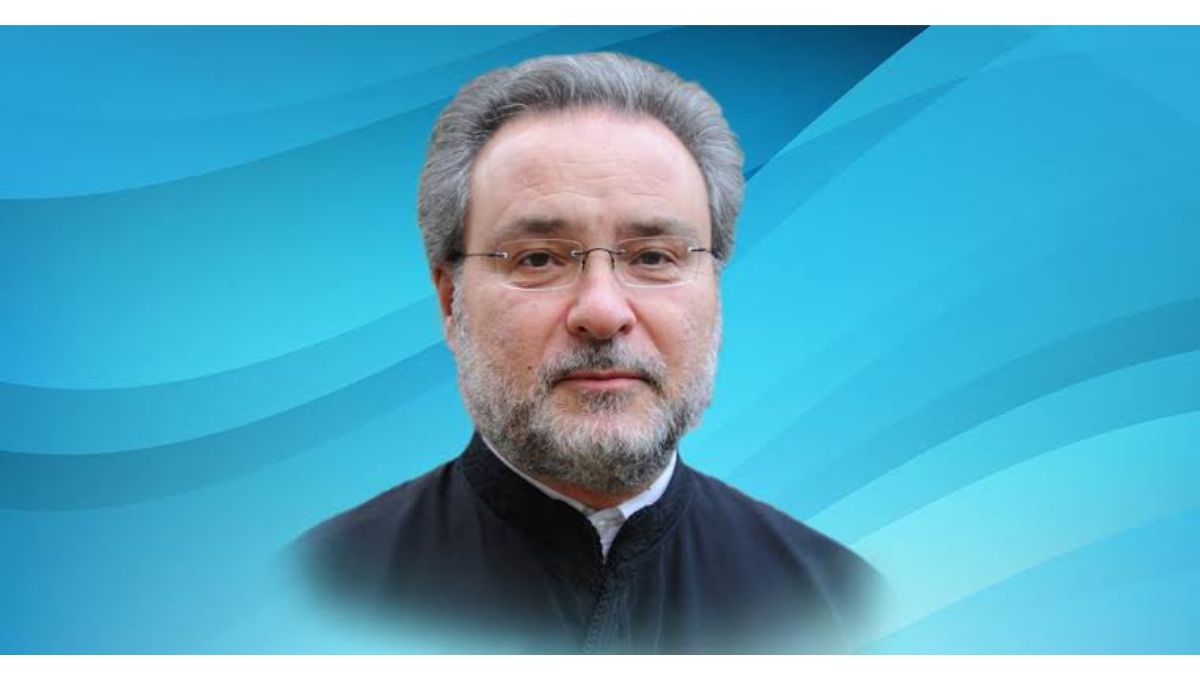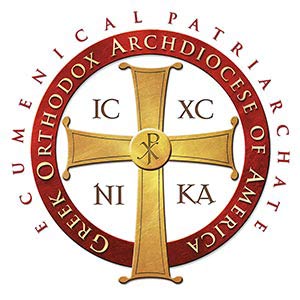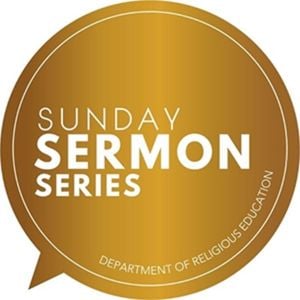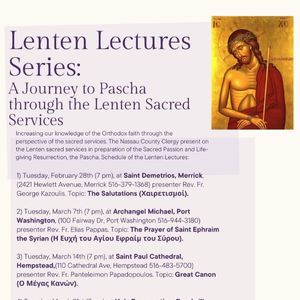Forgiveness Sunday
The Holy Fathers have appointed the commemoration of Adam's exile from the Paradise of delight here, on the eve of the holy Forty-day Fast, demonstrating to us not by simple words, but by actual deeds, how beneficial fasting is for man, and how harmful and destructive are insatiety and the transgressing of the divine commandments. For the first commandment that God gave to man was that of fasting, which the first-fashioned received but did not keep; and not only did they not become gods, as they had imagined, but they lost even that blessed life which they had, and they fell into corruption and death, and transmitted these and innumerable other evils to all of mankind. The God-bearing Fathers set these things before us today, that by bringing to mind what we have fallen from, and what we have suffered because of the insatiety and disobedience of the first-fashioned, we might be diligent to return again to that ancient bliss and glory by means of fasting and obedience to all the divine commands. Taking occasion from today's Gospel (Matt. 6:14-21) to begin the Fast unencumbered by enmity, we also ask forgiveness this day, first from God, then from one another and all creation.





 Nearly 100 parishes now have access to high-tech learning tools for their students. The Department of Greek Education, with the generosity of the Stavros Niarchos Foundation, for a second year, was able to purchase Interactive Panels, SMART TVs, and Chromebooks for parishes that teach the Greek language.
Nearly 100 parishes now have access to high-tech learning tools for their students. The Department of Greek Education, with the generosity of the Stavros Niarchos Foundation, for a second year, was able to purchase Interactive Panels, SMART TVs, and Chromebooks for parishes that teach the Greek language.
 Father John Chryssavgis, the internationally renowned theologian who serves as Theological Advisor to His All-Holiness Ecumenical Patriarch Bartholomew, will offer the annual Washington Theological Consortium Lecture on Thursday, February 23, 2023, at Catholic University of America in Washington, D.C.
Father John Chryssavgis, the internationally renowned theologian who serves as Theological Advisor to His All-Holiness Ecumenical Patriarch Bartholomew, will offer the annual Washington Theological Consortium Lecture on Thursday, February 23, 2023, at Catholic University of America in Washington, D.C.
 What is the vision for the new GOA charter? During the Leadership 100 Conference in Phoenix, Arizona from Feb. 2 - Feb. 5, 2023, His Eminence Archbishop Elpidophoros of America had the opportunity to address this subject, which remains one of our church's greatest priorities.
What is the vision for the new GOA charter? During the Leadership 100 Conference in Phoenix, Arizona from Feb. 2 - Feb. 5, 2023, His Eminence Archbishop Elpidophoros of America had the opportunity to address this subject, which remains one of our church's greatest priorities.
 This week, find insights about the upcoming Gospel reading, where we learn about Christ’s teachings on forgiveness, fasting, and trust. Forgiveness Sunday is the last day before we begin our journey through Great and Holy Lent. How can we best prepare for Lent? And reconnect with Christ during this holy period?
This week, find insights about the upcoming Gospel reading, where we learn about Christ’s teachings on forgiveness, fasting, and trust. Forgiveness Sunday is the last day before we begin our journey through Great and Holy Lent. How can we best prepare for Lent? And reconnect with Christ during this holy period?
 The Greek Orthodox Archdiocese Department of Greek Education is delighted to announce the publication of "Oi Rizes Mou" now available on Orthodox Marketplace.
The Greek Orthodox Archdiocese Department of Greek Education is delighted to announce the publication of "Oi Rizes Mou" now available on Orthodox Marketplace.
 All parishes are invited to attend a free webinar - "Using TechSoup to Supercharge Your Parish" - hosted by the Department of Internet Ministries on Wednesday, February 22 at 3:30 PM ET.
All parishes are invited to attend a free webinar - "Using TechSoup to Supercharge Your Parish" - hosted by the Department of Internet Ministries on Wednesday, February 22 at 3:30 PM ET.
 The Nassau County Vicariate of the Direct Archdiocesan District offers a series of lectures dedicated to the theme “A Journey to Pascha through the Lenten Sacred Services.”
The Nassau County Vicariate of the Direct Archdiocesan District offers a series of lectures dedicated to the theme “A Journey to Pascha through the Lenten Sacred Services.”